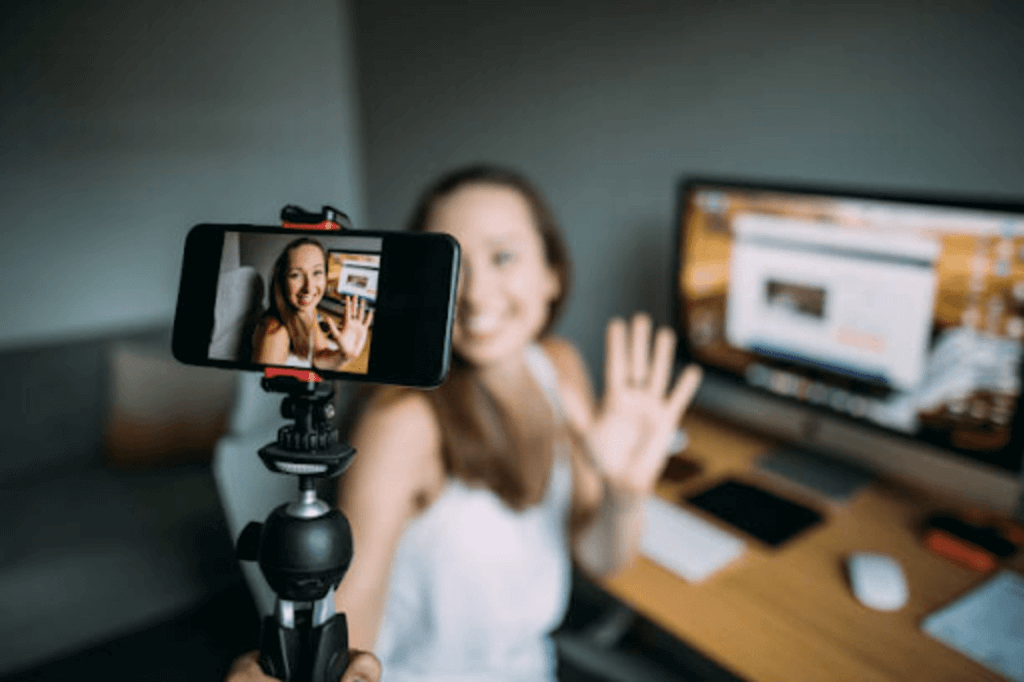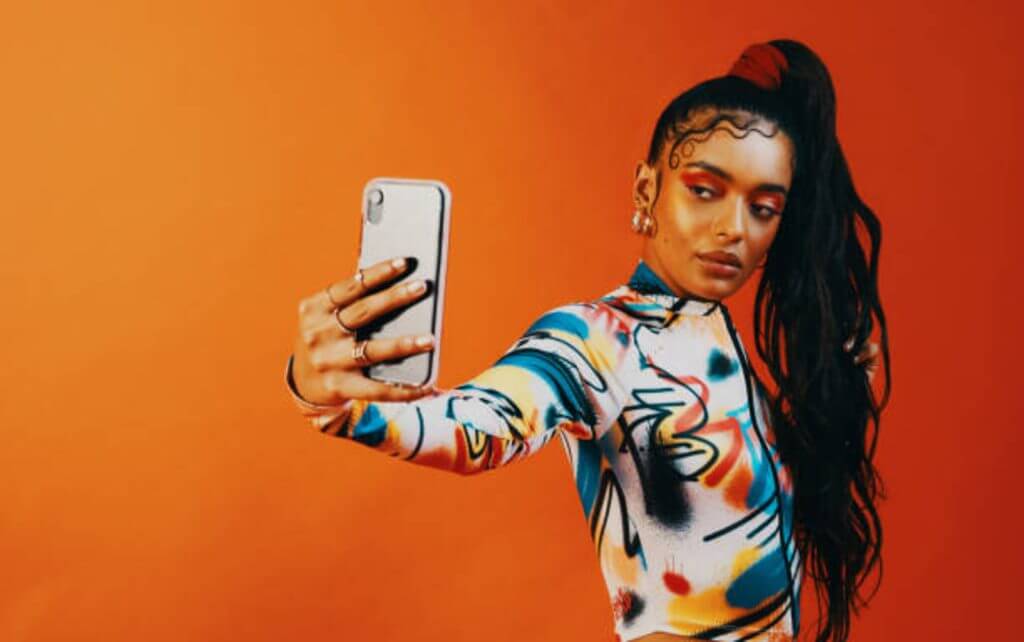
In the ever-evolving landscape of marketing, influencer marketing has risen to prominence as a dynamic and highly effective strategy. By collaborating with social media stars, brands are able to tap into the power of personal connections and authenticity. In this blog, we’ll delve into the world of influencer marketing, exploring how it works, its benefits, challenges, and the keys to successful influencer campaigns.
The Rise of Influencer Marketing
Influencer marketing is not a new concept, but its recent explosion in popularity is nothing short of remarkable. It’s a marketing approach that leverages individuals, known as influencers, who have amassed a significant and dedicated following on social media platforms. These influencers span various niches, from fashion and beauty to travel, fitness, and even gaming.
The primary reason behind the growth of influencer marketing is the shift in consumer behavior. Traditional advertising often falls on deaf ears, with people actively avoiding ads. Influencer marketing, on the other hand, delivers brand messages in a more personal, engaging, and authentic manner.
How Influencer Marketing Works
Influencer marketing typically involves a brand partnering with an influencer to promote its products or services. Here’s a breakdown of how it works:
Identification:
Brands identify potential influencers who align with their target audience and brand values. This involves researching the influencer’s content, audience demographics, and engagement metrics.
Collaboration:
Brands reach out to influencers and propose collaboration. Negotiations can include terms such as compensation, content guidelines, and promotion schedules.
Content Creation:
Influencers create content that showcases the brand’s products or services. This can take the form of social media posts, YouTube videos, blog posts, or a combination of these.
Promotion:
Influencers share the created content on their social media platforms, reaching their engaged audience. This introduces the brand to a highly receptive group of potential customers.
Engagement:
Influencers interact with their audience through comments, likes, and shares, building a sense of community and trust.
Measuring Success:
Brands track the performance of influencer campaigns, including metrics like reach, engagement, click-through rates, and conversions.
Benefits of Influencer Marketing
Influencer marketing offers a range of compelling benefits for brands. Let’s explore some of the key advantages:
Authenticity:
Influencers often have a genuine passion for the products or services they promote. This authenticity resonates with their audience, making brand messages more trustworthy.
Access to Targeted Audiences:
Influencers have built their following around a particular niche or interest. This means brands can tap into precisely the audience they want to reach.
High Engagement:
Influencers have a strong connection with their audience, leading to high levels of engagement. This engagement can translate into more meaningful interactions and increased sales.
Content Creation:
Influencers are skilled content creators. Their ability to produce eye-catching and engaging content saves brands time and resources.
Credibility:
Influencers often have established credibility within their niche. Their endorsement can boost a brand’s credibility and reputation.
Cost-Effective:
Compared to traditional advertising, influencer marketing can be cost-effective. Brands can choose influencers whose rates align with their budget.
Challenges in Influencer Marketing
While influencer marketing offers many advantages, it’s not without its challenges:
Authenticity Concerns:
As influencer marketing has grown, there have been instances of inauthentic promotions. Some influencers may endorse products solely for monetary gain, leading to credibility issues.
Regulatory Compliance:
Influencer marketing is subject to advertising regulations, and many countries require influencers to disclose their partnerships. Compliance can be complex and varies from place to place.
Finding the Right Fit:
Identifying the right influencers for a brand can be a time-consuming process. Not every influencer will resonate with the brand’s audience or values.
Measurement and ROI:
Measuring the impact of influencer marketing and calculating the return on investment (ROI) can be challenging. While engagement metrics are easier to track, sales conversions can be more elusive.
Managing Relationships:
Building and maintaining strong relationships with influencers is crucial. Brands must ensure effective communication, timely payments, and content approval.
Keys to Successful Influencer Campaigns
To maximize the benefits of influencer marketing, it’s essential to approach campaigns strategically. Here are some keys to successful influencer campaigns:
Set Clear Objectives:
Define your campaign goals, whether it’s brand awareness, lead generation, or sales. Having clear objectives helps you measure success.
Research Influencers Thoroughly:
Invest time in identifying influencers who align with your brand’s values and target audience. Look for authenticity and engagement rather than just follower count.
Establish Clear Guidelines:
Communicate your expectations and guidelines to influencers upfront. This includes content requirements, key messaging, and compliance with advertising regulations.
Build Strong Relationships:
Foster positive and lasting relationships with influencers. Good communication and mutual trust are the foundations of successful collaborations.
Track and Measure:
Use analytics tools to track the performance of influencer campaigns. Pay attention to engagement rates, website traffic, and conversions. Compare the results to your initial objectives.
Encourage Creativity:
While guidelines are important, give influencers creative freedom. They know their audience best and can create content that resonates.
Comply with Regulations:
Ensure that your influencer campaigns comply with advertising regulations in your target markets. Proper disclosure is critical for transparency and trust.
Influencer Marketing Success Stories

To illustrate the power of influencer marketing, here are a couple of success stories:
Daniel Wellington:
The watch brand Daniel Wellington experienced explosive growth by collaborating with influencers. Their minimalist watches, promoted by fashion and lifestyle influencers, became highly sought-after accessories. This collaboration led to substantial sales and brand recognition.
Fenty Beauty:
Rihanna’s cosmetics brand, Fenty Beauty, embraced diversity and inclusivity. By working with a diverse group of influencers, they showcased a wide range of skin tones and complexions. This approach not only resonated with a broad audience but also helped Fenty Beauty become a cultural phenomenon.
The Future of Influencer Marketing
As influencer marketing continues to evolve, several trends are emerging:
Micro-Influencers:
Smaller-scale influencers with highly engaged and niche audiences are gaining attention. They often provide a more cost-effective way to reach targeted demographics.
Video Content:
Video content, especially on platforms like YouTube and TikTok, is becoming a dominant medium for influencer marketing. Brands are collaborating with video creators to create engaging and educational content.
Long-Term Partnerships:
Brands are increasingly looking to build long-term relationships with influencers rather than one-off campaigns. This approach can lead to more authentic and lasting brand advocacy.
Social Commerce:
Social media platforms are integrating e-commerce features, allowing users to shop directly from influencer content. Brands can capitalize on this trend by partnering with influencers to showcase and sell their products.
Virtual Influencers:
The rise of virtual or computer-generated influencers is on the horizon. These influencers are entirely digital, with no physical existence, opening new possibilities for creativity and branding.
Influencer marketing has become an integral part of modern marketing strategies. It offers authenticity, targeted reach, and high engagement levels that traditional advertising often can’t match. While it comes with challenges, a well-planned and executed influencer campaign can yield substantial benefits for brands. As it continues to evolve, influencer marketing will remain a dynamic and influential force in the marketing world, enabling brands to connect with their audience on a more personal level.



